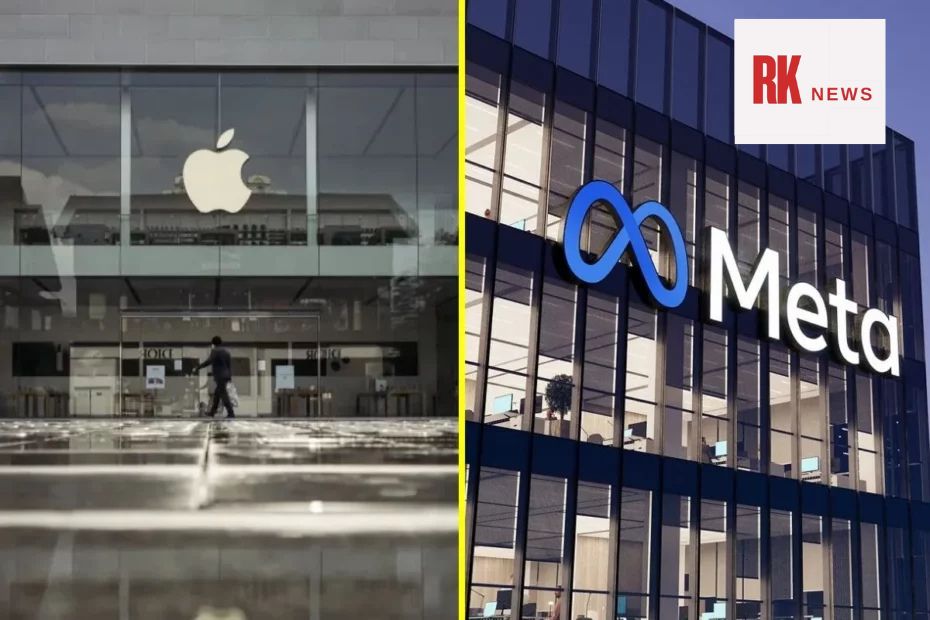Brussels,— In a powerful enforcement of its new digital competition law, the European Union has fined tech giants Apple and Meta a combined €700 million (USD $797 million) for breaking the Digital Markets Act (DMA). This marks the first major action under the legislation, aimed at curbing the dominance of so-called “gatekeeper” platforms in Europe’s digital economy.
Apple received the larger penalty—€500 million ($570 million)—for restricting app developers from informing users about alternative payment options outside the App Store. Meta, the parent company of Facebook and Instagram, was hit with a €200 million ($228 million) fine for its controversial “consent or pay” model, which required users in Europe to either agree to the use of their personal data for targeted ads or pay for an ad-free experience.
The European Commission found that these practices violated consumer rights and hindered fair competition. “Consumers cannot fully benefit from alternative and cheaper offers,” the Commission said in its statement. Under the DMA, violations can result in fines of up to 10% of global revenue—or 20% for repeat offenders. Both Apple and Meta are likely to appeal.
Meta’s global affairs chief, Joel Kaplan, fired back at the EU’s decision, calling it a “multibillion-dollar tariff” and an attempt to disadvantage American companies. Apple echoed similar frustration, arguing that it had already invested significant resources to comply with the DMA and accused the Commission of constantly “moving the goalposts.”
While the fines are far below the law’s maximum thresholds—Apple posted $391 billion in revenue last year, and Meta brought in $164 billion—they signal a shift in Europe’s tech regulation landscape. EU regulators are asserting more control over how U.S.-based tech firms operate within their borders, raising concerns in Washington.
Tensions are building between the EU and the Trump administration, which has labeled the DMA enforcement as unfair targeting of U.S. tech companies. Trump has already announced a 20% tariff on EU imports, though it’s currently postponed. Analysts say this regulatory move could further strain trade relations across the Atlantic.
Despite the political tension, European officials insist the actions were solely about ensuring competition and protecting consumer rights. Apple and Meta now have 60 days to comply or face additional financial penalties. The rulings are expected to influence how other major tech platforms—like Google and Amazon—operate under increasing scrutiny both in Europe and globally.
With this bold move, the EU has set a precedent for digital accountability. Whether in courtrooms or on Capitol Hill, the ripple effects of these fines will likely shape the future of Big Tech governance.

